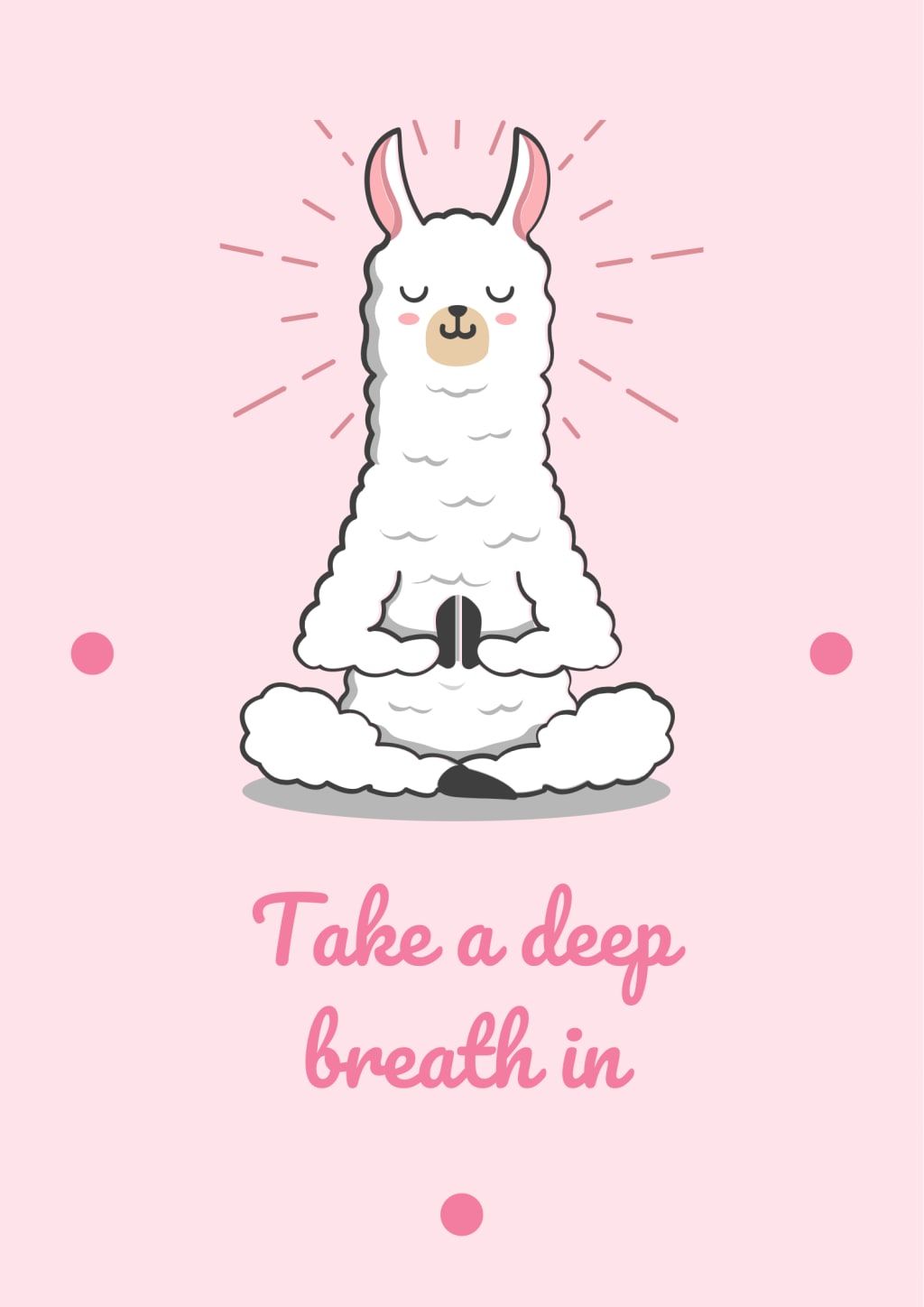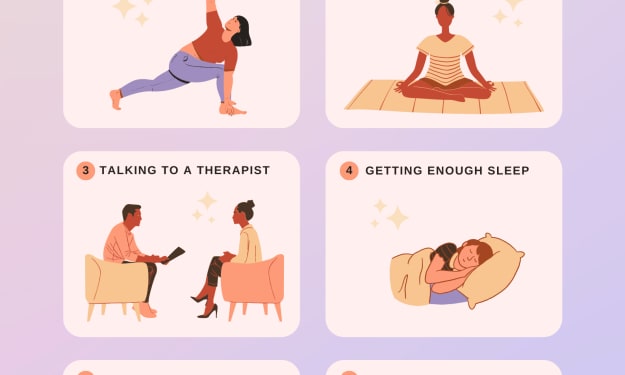Meditation
The benefits of meditation and how to get started

Meditation is a practice that has been around for thousands of years and is known for its numerous benefits on mental, emotional, and physical well-being. If you're interested in starting a meditation practice, here's a guide to help you understand its benefits and get started.
Stress reduction: One of the primary benefits of meditation is stress reduction. Regular meditation practice helps activate the relaxation response in your body, reducing the production of stress hormones and promoting a sense of calm and inner peace.
Improved focus and concentration: Meditation trains your mind to stay focused on the present moment. Through techniques like mindfulness meditation, you learn to redirect your attention to your breath or a specific object, which enhances your ability to concentrate. Over time, this improved focus can extend to other areas of your life, such as work or studies.
Emotional well-being: Meditation cultivates emotional resilience and helps manage negative emotions. It allows you to observe your thoughts and emotions without judgment, leading to a greater sense of self-awareness and emotional stability. Regular practice can reduce anxiety, depression, and enhance overall emotional well-being.
Enhanced self-awareness: Meditation deepens your understanding of yourself and your patterns of thinking and behavior. By observing your thoughts, emotions, and sensations during meditation, you develop a heightened sense of self-awareness, which can lead to personal growth and self-improvement.
Better sleep: Many people struggle with sleep-related issues, such as insomnia or restless nights. Meditation promotes relaxation and reduces the activation of the stress response, making it an effective tool for improving sleep quality. Practicing meditation before bedtime can help calm the mind and prepare your body for restful sleep.
Increased resilience: Regular meditation practice builds resilience, helping you cope with the ups and downs of life more effectively. It strengthens your ability to bounce back from setbacks and adapt to challenging situations with a greater sense of calm and clarity.
Boosted creativity: Meditation encourages a state of relaxed alertness, allowing your mind to tap into its creative potential. By quieting the mental chatter and opening up space for new insights, meditation can enhance your creativity and problem-solving abilities.
Improved physical health: Meditation is not only beneficial for your mental well-being but also for your physical health. It has been associated with lowered blood pressure, reduced inflammation, improved immune function, and better cardiovascular health. Regular meditation can also help manage chronic pain and improve overall bodily awareness.
Getting started with meditation:
Choose a suitable time and place: Find a quiet and comfortable space where you can practice meditation without interruptions. Select a time that works best for you, whether it's early morning, during lunch breaks, or before bedtime.
Start with short sessions: Begin with short meditation sessions, such as 5-10 minutes, and gradually increase the duration as you become more comfortable. Consistency is more important than duration, so aim to meditate regularly, even if it's for a short period.
Find a meditation technique: There are various meditation techniques to choose from, such as mindfulness meditation, loving-kindness meditation, or guided visualization. Explore different techniques and find the one that resonates with you the most. You can experiment with different apps, online resources, or attend meditation classes or workshops.
Focus on your breath: One of the simplest and most accessible meditation techniques is focusing on your breath. Sit comfortably, close your eyes, and bring your attention to the natural rhythm of your breath. Observe the sensation of inhaling and exhaling, and whenever your mind wanders, gently bring it back to the breath.
Be patient and compassionate: Meditation is a practice that requires patience and consistency. It's normal for your mind to wander during meditation, and it may take time to experience the full.
Follow for more content like this!
About the Creator
Enjoyed the story? Support the Creator.
Subscribe for free to receive all their stories in your feed. You could also pledge your support or give them a one-off tip, letting them know you appreciate their work.





Comments
There are no comments for this story
Be the first to respond and start the conversation.